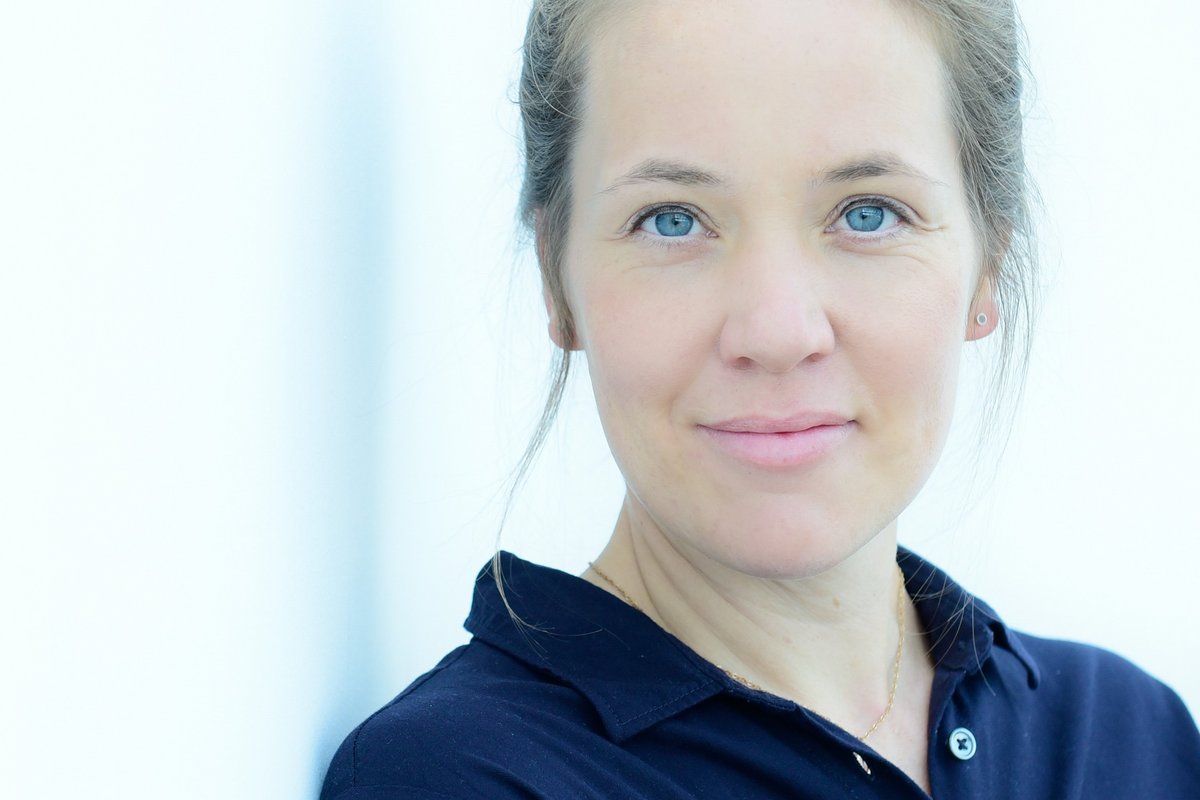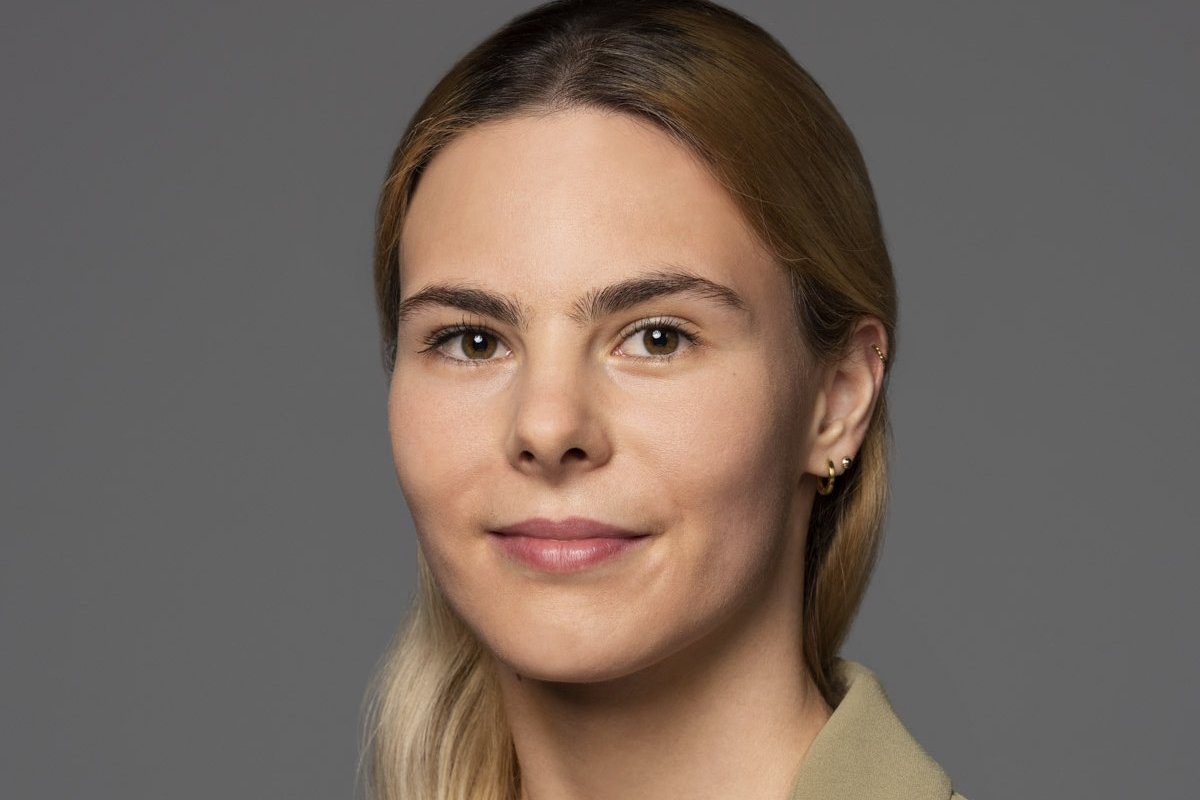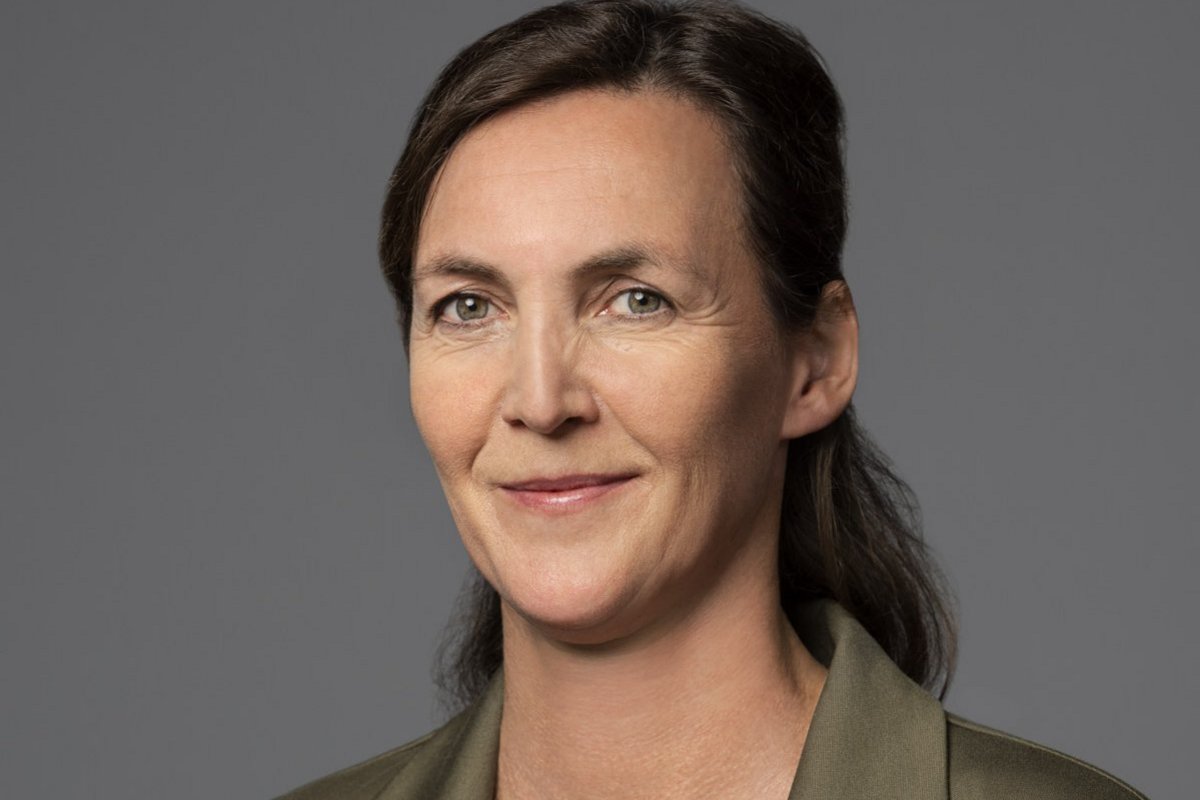Department 2 – Coordinated Care & Caring In Situ

In the future, care at home will be characterised by the interaction between different agents and fields of activity.
In the course of demographic developments and the shortage of skilled workers, care is increasingly being provided in a mixture of services provided by professional carers, relatives, volunteers and voluntary supporters such as friends or neighbours.
This diversity increases the need for coordination. It can also entail new roles and burdens, for example when relatives take on additional coordination tasks.
In this context, the department is investigating the potential for and limitations of assistance provided by digital technologies. On the one hand, this involves coordinating and communicating within home-based care and support networks.
On the other, the role played by local authorities and active civil society in the welfare mix of care and support networks in local communities, the social environment and neighbourhoods is also key.
In this regard, we are examining new collaborative networks, forms of service and governance formations and providing them with technical support along with innovative business and operating concepts for establishing useful digital technologies.
Another focus is on co-creative development of social and technical innovations involving their users.
In application-oriented research, development and consultancy projects on these topics, we combine sociological, socio-spatial, political and municipal science and business expertise.
We contribute our findings to practice, politics, society and research at local, national and international level.
Services provided by the department
- Application-oriented basic research
- Specialist and scientific expertise in sociology, social space research, social work, urban and neighbourhood development, business administration, governance research/political science and municipal consulting
- Methods of empirical social research (in particular qualitative methods, social network analyses, ethnography / mixed methods, interviews and surveys, policy field and discourse analyses)
- Participatory research and co-creative development of supportive digital technologies in local and regional practice and transfer projects
- Practical transfer and advice for stakeholders in industry, society, politics and local administration
- Process-accompanying social research, moderation and evaluation (e.g. when implementing and trialling apps and platforms that support coordination or setting up local collaborative networks)






